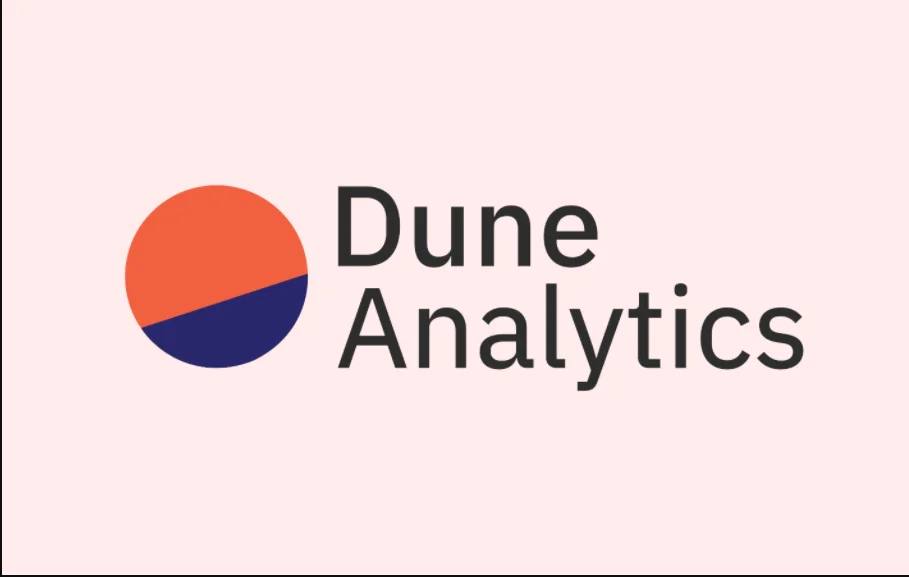The “GitHub for crypto analytics” Dune Analytics receives $8 million in funding as it intends to expand to encompass more chains and metrics.

Dune Analytics, an Ethereum data business, has secured $8 million in Series A funding. Union Square Ventures led the investment, with Redpoint Ventures, Dragonfly Capital, and Multicoin Capital also participating.
Dune, founded in August 2018 by Fredrik Haga and Mats Julian Olsen, enables users to study Ethereum blockchain movements, transforming real-time, on-chain data into gleaming big-picture infographics.
Dune is one of many companies and platforms that help to make cryptocurrency more transparent by transforming dense data into analytical insights. Glassnode, Skew, CoinMetrics, Chainalysis, Messari, Nansen, and Arcane Research are among the other companies.
And there is undoubtedly a lot of interest in their offers among investors. Paradigm led a $100 million Series D fundraising round for blockchain analytics business Chainalysis in March.
Nansen, which monitors money transactions on the Ethereum blockchain, got $12 million in Series A funding headed by Andreessen Horowitz in late June. Last month, Point72 Ventures led a $21 million Series A fundraising round for Messari, which analyses cryptocurrency market data.
“Many different types of interesting metrics in this space are oriented toward traders or products, for funds or investors. But we want to make every single metric serviced for free to the community,”Fredrik Haga, co-founder of Dune Analytics, told Decrypt over the phone from his Oslo headquarters.
Dune’s data dashboards are free to use, but there is a premium option for individuals who want extra functionality, such as executing six (rather than three) searches in simultaneously and bypassing the query backlog.
Dune was a two-person company until September, when it received $2 million in startup funding from Dragonfly Capital. According to Haga, the company has hired eight people since then and plans to use this round to grow to a 25-person, Europe-wide workforce made up largely of engineers.
Because the Ethereum network has recently become increasingly fractured with multiple layers and data distributed across the network, the company requires more developers. “That makes deciphering what’s going on even more difficult,” Haga added.
Dune’s analytics now include data from Optimism and Polygon, Ethereum’s layer 2 solutions used to improve network transaction times and costs.
But he wants Dune to be able to do more, such as “cover all the Ethereum Virtual Machine (EVM) chains and other smart-contract chains.” (In theory, this might include blockchains like Solana, which is both EVM and smart contract compatible.)
Union Square Ventures, which invested in Dune from its $250 million fund announced in January, is placing a large wager on the company’s capacity to provide more.
Dune’s research focuses on decentralised finance (DeFi), which is a vast network of non-custodial financial services backed by smart contracts (self-executing code) based mostly on Ethereum.
These services may involve lending, borrowing, and trading crypto assets without the use of third-party intermediaries. Dune’s tools are designed to provide insights on how certain DeFi protocols are doing in terms of volume, user count, and transaction size.
The depth of financial data that everyone in the globe may access on DeFi players like MakerDAO, according to Haga, vastly outstrips the months-old trading data supplied to Wall Street executives in a PDF. His January 2021 blog entry is titled, “The revolution will not be reported quarterly.”
And, if cryptocurrency is a revolution, Oslo may be its intelligence centre. The co-founders of data analytics organisations Nansen and Arcane Research are both from Oslo. “It’s just a funny coincidence,” Haga explained.
